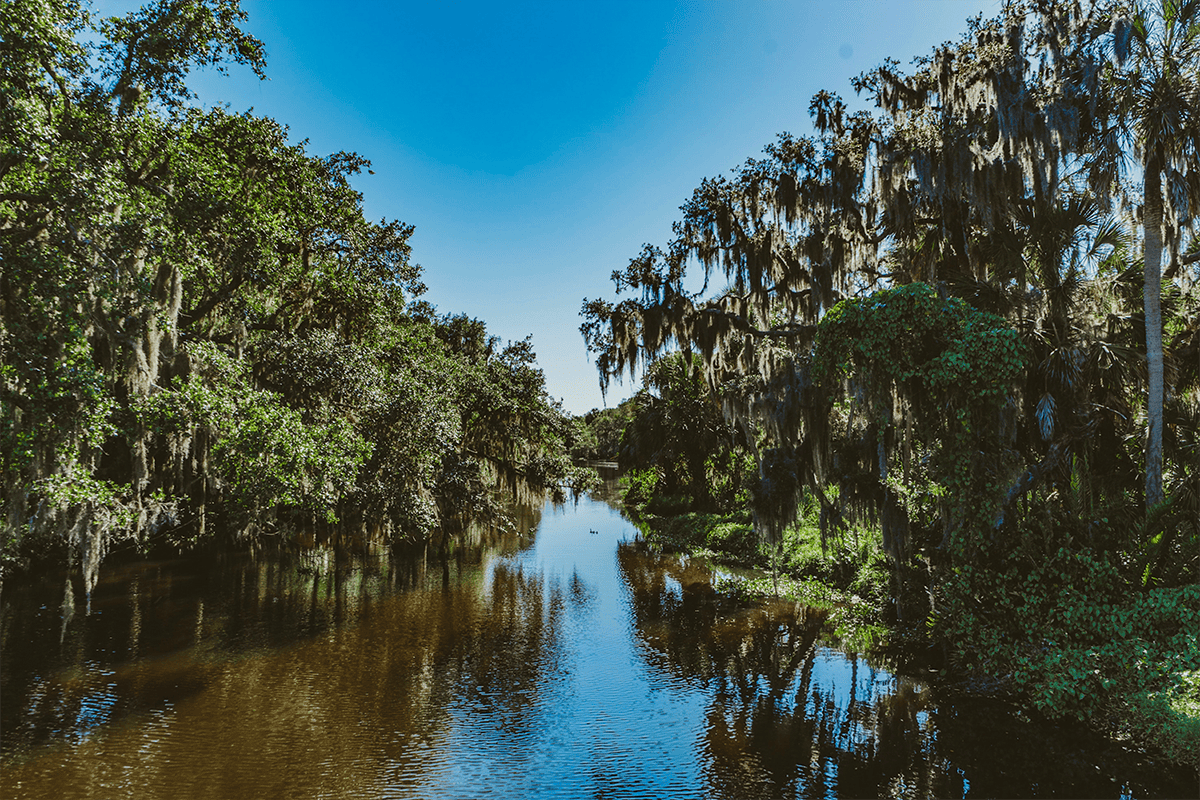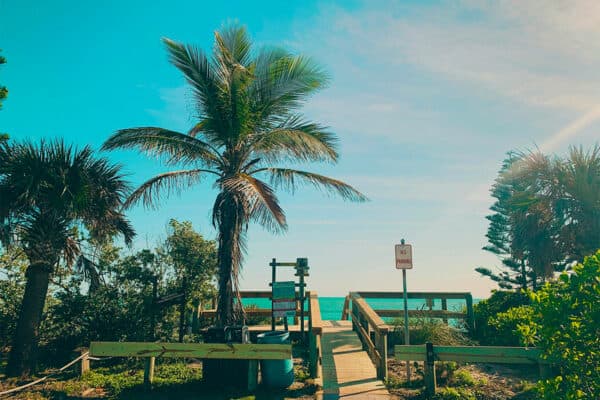Lawmakers file bill forming ‘911-style’ reporting of water quality concerns

TALLAHASSEE, Fla. – Rep. Peggy Gossett-Seidman, R-Highland Beach, and Rep. Lindsay Cross, R-St. Petersburg, filed a bill that would create an emergency database to report contamination in state waters.
Specifically, residents would be alerted of contamination at beaches, the Intracoastal Waterway, coastal estuaries, canals and public swimming areas. Toxins notified include fecal indicator bacteria-laden wastewater and chemicals.
“Too often the public discovers the waters are contaminated days after they went to the beach,” Gossett-Seidman said in a press release. “The complex reporting system between cities, counties and states is ineffective and outdated.”
Through HB 165, water safety alerts would be transferred from state agencies to Department of Environmental Protection. A website with digital messaging also would notify users to reports of water contamination.
“We need one central reporting method such as 911, maybe 462 symbolizing H2O,” Gossett-Seidman continued. “People need to know when to find another activity if the beach is contaminated.”
An informed alert system does not currently exist, according to the release.
According to the release, sources that could be contaminated wastewater pipe breakages, malfunctioning sewage treatment plants, leaking septic tanks, landscape chemicals runoff, and animal waste. Toxic exposue also may cause nausea, diarrhea, stomach cramps, chills and fever, and skin rashes and infections of the eyes, ears, nose and throat.
“The Safe Waterways Act will protect Floridians from the negative health effects of dirty, polluted water,” Cross said. “By transferring authority to the Department of Environmental Protection and requiring immediate action, members of the public will know when it is not safe to visit the beach or public bathing area.”
According to the release, one million acres of Florida beaches and estuaries may be contaminated. It also indicates 9,000 state rivers and streams could be compromised.
“As our state continues to grow, we must invest in the infrastructure and pass proactive policies like this that prevent water pollution and protect human health,” Cross continued.
A similar bipartisan bill also was filed by Sen. Lori Berman, D-Boynton Beach, and Sen. Ana Maria Rodriguez, R-Doral.
“The public has a right to know whether the beaches and waters they’re swimming in are infested with fecal bacteria,” Berman said. “Florida is failing in its responsibility to promptly inform the public and protect their health when water samples fail to meet safe levels.”
The release said the proposal proposal pays tribute to the “Safe Waterways Act” from 2020. The law was sponsored by then Sen. Debbie Mayfield, R-Melbourne, and Rep. Bobby Payne, R-Palatka.
“All we’re asking for is transparency in water quality and consistency in public notification so residents and tourists can safely enjoy our world-famous waters,” Berman added.
If passed, the bill would become effect upon becoming law.



